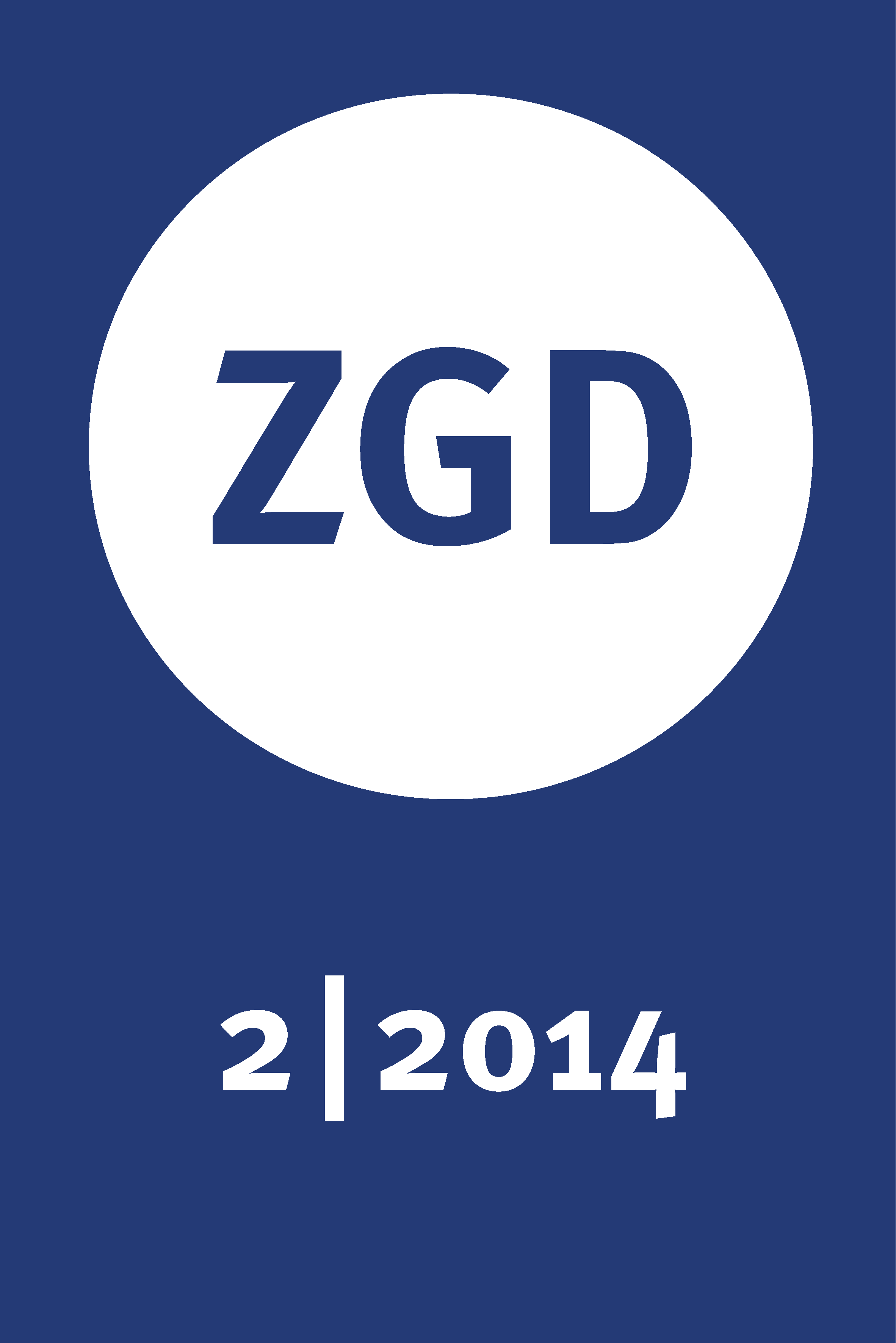Using Concept Maps Effectively. A Comparative Study about the Role of Self-Constructing Concept Maps and Using Expert Concept Maps in Conjunction with the Impact of Individual Learning Styles on Learning Outcomes
DOI:
https://doi.org/10.18452/23983Keywords:
concept maps, expert maps, learning styles, self-construction, text comprehension, conceptualizationAbstract
In this study we investigated effects of self-constructing and using concept maps for students comprehension of geography learning content. 130 young adults were randomly allocated to two equal-sized groups of which one self-constructed concept maps and the other constructed a self-written text on the basis of an expert concept map. We assumed that writing a text from an expert map would direct learners' attention to content relations and prevent ineffectively high cognitive load. Furthermore we supposed that the cognitive effort required for the task is efficiently high to support an intensive learning process. As hypothesized, the structural support of expert maps in conjunction with the task to write a text furthered content reproduction and understanding more than the self-construction of a concept map. As we assumed an impact of different learning styles on learning outcomes we investigated preferences of learners' cognitive processing by two different learning style inventories. Consequences for the development of learning environments are conclusively discussed.
Downloads
Published
How to Cite
Issue
Section
License
Copyright (c) 2022 Journal of Geography Education

This work is licensed under a Creative Commons Attribution-NonCommercial-NoDerivatives 4.0 International License.







